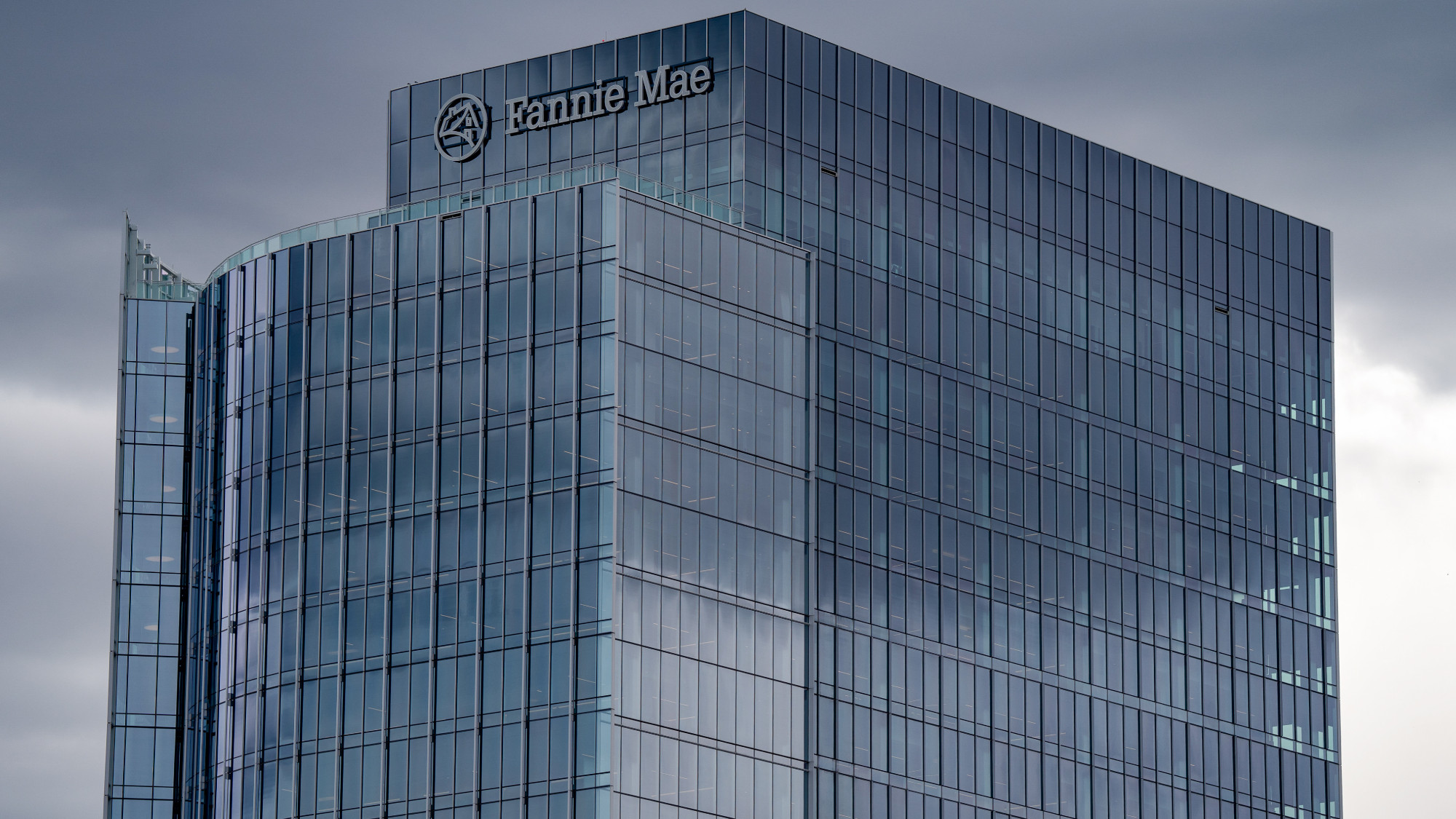Mortgages: The future of Fannie and Freddie
Donald Trump wants to privatize two major mortgage companies, which could make mortgages more expensive

A free daily email with the biggest news stories of the day – and the best features from TheWeek.com
You are now subscribed
Your newsletter sign-up was successful
The time has come to set Fannie and Freddie free, said Gary Labarbera in the New York Daily News. The two U.S. mortgage giants "are as healthy as they have ever been." They have returned $300 billion to the government, more than repaying their $191 billion bailout in 2008. That's why President Trump's proposal last week to take Fannie Mae and Freddie Mac public is a sound idea. The real payoff for taxpayers will come if the Treasury finally sells off its 80% stake in what would be the largest stock offering in history. "Depending on how it is structured, the government can get 85% or more of the proceeds from this transaction—or at least $150 billion in new, unallocated money." That money could be used to support the construction of new housing and ease the affordability crisis that has currently frozen the real estate market.
Now's not the time to rock an unsteady boat, said Natalie Wong in Bloomberg. Fannie and Freddie "buy and package home loans" into mortgage-backed securities that get sold to investors. Currently, those securities are guaranteed by the federal government. Removing that guarantee makes them riskier investments, causing home mortgage rates to go up. According to an analysis from the real estate site Redfin, the act of simply privatizing Fannie and Freddie could translate "into a more than $40,000 increase in mortgage payments over the life of a 30-year loan" for the buyer of a median-priced home. But hanging on to Fannie and Freddie for too long invites another crisis, said John H. Cochrane and Amit Seru in The Wall Street Journal. They "now back more than 60% of new mortgages, compared with roughly 45% before the financial crisis." When you add Federal Housing Administration and Veterans Affairs loans, the number rises to 85%. The government's subsidy "should make homes more affordable. But it doesn't." It has just helped push home prices higher than ever, and the government is "again on the hook" if they tumble.
Investors still hold shares in Fannie and Freddie stock, and they have been pushing hard for the government to give up control, said Felix Salmon in Axios. Hedge fund billionaire Bill Ackman, an ardent Trump supporter, has been especially outspoken in urging privatization. But this is not the first time the U.S. government has sought to get out of the mortgage guarantee business. The Biden administration, too, wanted to end the conservatorship but didn't "find a way to do so." Taking Fannie and Freddie private enjoys broad support. But doing it in a way that "doesn't destabilize the housing market or unnecessarily raise mortgage rates" is a challenging proposition.
The Week
Escape your echo chamber. Get the facts behind the news, plus analysis from multiple perspectives.

Sign up for The Week's Free Newsletters
From our morning news briefing to a weekly Good News Newsletter, get the best of The Week delivered directly to your inbox.
From our morning news briefing to a weekly Good News Newsletter, get the best of The Week delivered directly to your inbox.
A free daily email with the biggest news stories of the day – and the best features from TheWeek.com
-
 Political cartoons for February 16
Political cartoons for February 16Cartoons Monday’s political cartoons include President's Day, a valentine from the Epstein files, and more
-
 Regent Hong Kong: a tranquil haven with a prime waterfront spot
Regent Hong Kong: a tranquil haven with a prime waterfront spotThe Week Recommends The trendy hotel recently underwent an extensive two-year revamp
-
 The problem with diagnosing profound autism
The problem with diagnosing profound autismThe Explainer Experts are reconsidering the idea of autism as a spectrum, which could impact diagnoses and policy making for the condition
-
 Currencies: Why Trump wants a weak dollar
Currencies: Why Trump wants a weak dollarFeature The dollar has fallen 12% since Trump took office
-
 Elon Musk’s starry mega-merger
Elon Musk’s starry mega-mergerTalking Point SpaceX founder is promising investors a rocket trip to the future – and a sprawling conglomerate to boot
-
 TikTok: New owners, same risks
TikTok: New owners, same risksFeature What are Larry Ellison’s plans for TikTok US?
-
 Trump wants a weaker dollar, but economists aren’t so sure
Trump wants a weaker dollar, but economists aren’t so sureTalking Points A weaker dollar can make imports more expensive but also boost gold
-
 Will SpaceX, OpenAI and Anthropic make 2026 the year of mega tech listings?
Will SpaceX, OpenAI and Anthropic make 2026 the year of mega tech listings?In Depth SpaceX float may come as soon as this year, and would be the largest IPO in history
-
 Leadership: A conspicuous silence from CEOs
Leadership: A conspicuous silence from CEOsFeature CEOs were more vocal during Trump’s first term
-
 Ryanair/SpaceX: could Musk really buy the airline?
Ryanair/SpaceX: could Musk really buy the airline?Talking Point Irish budget carrier has become embroiled in unlikely feud with the world’s wealthiest man
-
 Powell: The Fed’s last hope?
Powell: The Fed’s last hope?Feature Federal Reserve Chairman Jerome Powell fights back against President Trump's claims